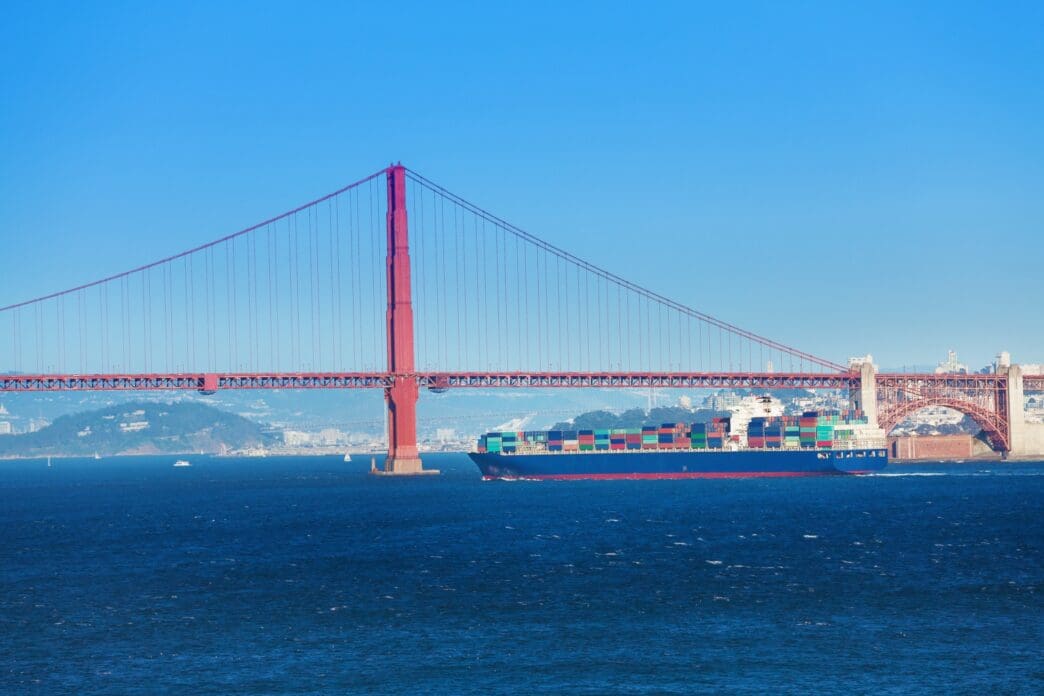Japan is facing an economic challenge as its exports declined in May, primarily due to a significant drop in auto shipments to the United States. This decline is attributed to the higher tariffs imposed by President Donald Trump, leading to a nearly 25% reduction in Japanese auto exports to the U.S. compared to the previous year. Overall, Japan’s exports decreased by 1.7% year-on-year, a smaller drop than analysts had predicted, according to the Finance Ministry's report.
Imports into Japan also fell by 7.7%, indicating reduced domestic demand, which is a sharper decline than the 2% reduction observed in April. The trade deficit for May stood at 637.6 billion yen, equivalent to approximately $4.4 billion.
Despite ongoing discussions, Japan has been unable to reach an agreement with President Trump regarding the tariffs, as mentioned by Prime Minister Shigeru Ishiba following his meeting with Trump at the recent Group of Seven summit in Canada. The president has enacted additional tariffs of 25% on Japanese automobiles and 24% on other goods, and there is a possibility these tariffs could increase.
Prime Minister Ishiba has underscored Japan’s strategic importance as a U.S. ally and emphasized the significance of safeguarding Japan's national interests. The automotive industry is a vital component of Japan's economy, with over a million vehicles exported to the U.S. annually. Japanese automakers like Toyota and Honda have been actively producing vehicles in North America, contributing to the local economy and job creation.








